What Is Sterile Processing And How To Be A Sterile Processing Technician
Are you a fresh graduate looking for a new career opportunity in the medical or healthcare department?
Or are you currently employed but looking for a new career in the healthcare sector?
Whether you have recently graduated from high school or college or you’re looking for a new career, working as a Sterile Processing Technician might sound interesting to you.
But first, let me share with you what Sterile Processing is and what a Sterile Processing Technician does.
What Is Sterile Processing?
Sterile Processing is the cleaning and sterilization of surgical instruments and equipment used in medical procedures.
The Sterile Processing Department (also known as Central Supply, Sterile Supply, CSSD, or SPD), comprises that service within the hospital in which medical or surgical supplies and equipment are cleaned, sterilized, prepared, processed, stored, and issued for patient care.
This department ensures the safety and cleanliness of the equipment used by doctors and surgeons for their medical procedures.
What Is a Sterile Processing Technician?
You normally hear about doctors and nurses who work in the hospital but you have not probably heard about Sterile Processing Technicians.
Well, they do exist and they work in the hospital too. They work behind the scenes, actually, inside the sterilization processing department – washing, cleaning, and making sure that all the medical equipment and tools are clean and sterile.
But even if they work behind the scene, their job as a Sterile Processing Technician is one of the most important positions in the healthcare industry.
Some call them “the heartbeat of the hospital”, while others refer to them as “the hospital’s unsung heroes”.
Aside from being known as a Sterile Processing Technician or SPT, we are also known for the following names:
- CSSD Technician
- Sterile Processing Tech
- Sterilization Technician
- Medical device reprocessing technician
- Central sterile technician
- Certified registered central service technician
- Sterile processing and distribution technician
- Sterile instrument technician
- Medical instrument technician
A Sterile Processing Tech uses specialized equipment, such as an autoclave, to ensure all surgical instruments and materials are sterile and safe to use on the patient.
Aside from cleaning and sterilizing, Sterile Processing Technicians inventory and assess equipment and materials, preparing the surgical suite for each procedure.
They do a lot of documentation in the central sterilization supply department.
Sterile Processing Technician Job Description
The job title may differ from one healthcare facility to another, but basically, as a Sterile Processing Technician, you’ll be in charge of instrument and medical device decontamination, organization, and packaging.
The main goal of your job is to prevent the spread of infection by ensuring that all instruments are disease-free.
Your duties and responsibilities may include packaging or transporting sterilized equipment, cleaning tools in an autoclave and checking the equipment for any damage.
Aside from cleaning the medical equipment and tools, you are also responsible in recording everything you do and keeping track of any apparatus deliveries you make.
Everything is documented at the Sterile Processing Department before the equipment can be distributed to operating rooms.
As a Sterilization Technician, you will have the opportunity to learn about (and handle) many types of medical equipment and sterilization tools and apparatus.
And even though you don’t have to work directly with patients, expect that you may occasionally see some blood or bodily fluids. That’s part of the job.
So, if you’re scared with blood and you’re not willing to do this, then this job may not be for you.
Sterile Processing Technician Salary
In 2018, the average Sterile Processing Technician salary was about $36,240 annually and $17.42 hourly wage based on the stats posted at the US Bureau of Labor Statistics website.
Please note that the Sterile Processing Technician salary depends on the amount of experience you have, the company and state/country where you are applying, among other considerations.
It’s best to inquire or learn as much as you can about the companies where you wish to apply so that you have an idea on how much your salary would be when you get hired.
The work shift and employee benefits may also differ from one company to another.
Sterile Processing Technician Certificate Program
Sterile Processing Technician Certification may not be required in all states and healthcare facilities, but having a certification will definitely make your application for employment far more competitive.
More often than not, those who have certifications are offered higher salary too.
You can apply for Sterile Processing Technician certification from the International Association of Healthcare Central Service Material Management (IAHCSMM) or from the Certification Board for Sterile Processing and Distribution (CBSPD).
IAHCSMM Certification Requirements
IAHCSMM stands for International Association of Healthcare Central Service Material Management.
IAHCSMM offers several certification tests including Certified Instrument Specialist (CIS), Certified Endoscope Reprocessor (CER), and Certified Registered Central Service Technician (CRCST).
The first certification you’ll want to sit for is the CRCST, as it’s required to take the other two tests, which are specializations. The CRCST calls for 12 continuing education credits per year in order to renew your certification.
The CRCST will show your knowledge, skills, and capabilities as a sterile processing technician. You must have 400 hours of hands-on experience and pass an exam to gain this certification.
CBSPD Certification Requirements
CBSPD stands for Certification Board for Sterile Processing and Distribution.
The CBSPD offers the SPD Certification Exam, which is valid for 5 years. To take the exam, you need to meet one of the following qualifications:
- Successful completion of a SPT training course with a grade of 70 or better.
- 12 months of employment (either part-time or full-time) in a position that performs sterile processing duties.
- 12 months of work in healthcare product services/sales associated with the sterile processing profession.
- 6 months in a similar allied healthcare profession (full or part-time), part of which must include sterile processing activities.
Steps be a Sterilization Technician
The very first step is to know what Sterile Processing is and What a Sterilization Technician does. Once you know this, ask or assess yourself if you are willing to learn, to be trained, and to work as a Sterile Processing Technician in the future.
If you do, the next step is to find schools or training facilities that offer Sterile Processing Technician Program.
Check the requirements and see if you are eligible to enroll in the program or if you need to finish high school or a certain degree first. But usually, high school graduates are allowed to take the course.
The length of the Sterile Processing Technician Program vary depending on the school but they tend to require anywhere from ten weeks to two years. Most of these schools offer this program for 4 to 8 months.
Do your research about the school. Check if it is accredited by an agency recognized by the U.S. Secretary of Education or the country where you’re from.
If you’re from another country, make your own research or ask around from your friends or relatives on where you can find a good and accredited Sterile Processing Technician program or school.
There are also available online programs for Sterilization Technician, but expect that you would still have to take hands-on training since this job requires that you know the various surgical tools, how to handle them, and how to clean and sterilize them for surgical or operation use.
Is Sterile Processing Technician a Good Job?
When you love what you’re doing and you know you’re doing something that helps and serves others, you are doing a pretty good job.
Many Sterilization Technicians enjoy their jobs because they know how their job helps in treating patients even though they work behind the scenes.
So yes, Sterile Processing Technician is a good job. It may be a dirty and a risky job, but it is a good job.
Another reason why Sterilization Technician is a good job is because you can make a good salary out of it. If you work hard and work your way up, you might be promoted to a higher position in the department. Not only is it good for your career development but also for your financial success.
And since the medical field is growing very rapidly, Sterile Processing Technician jobs will continue to be in demand.
So if you’re looking for a career in the medical field, you may want to consider taking the Sterile Processing Technician program and be a Sterilization Technician at your desired healthcare facility.
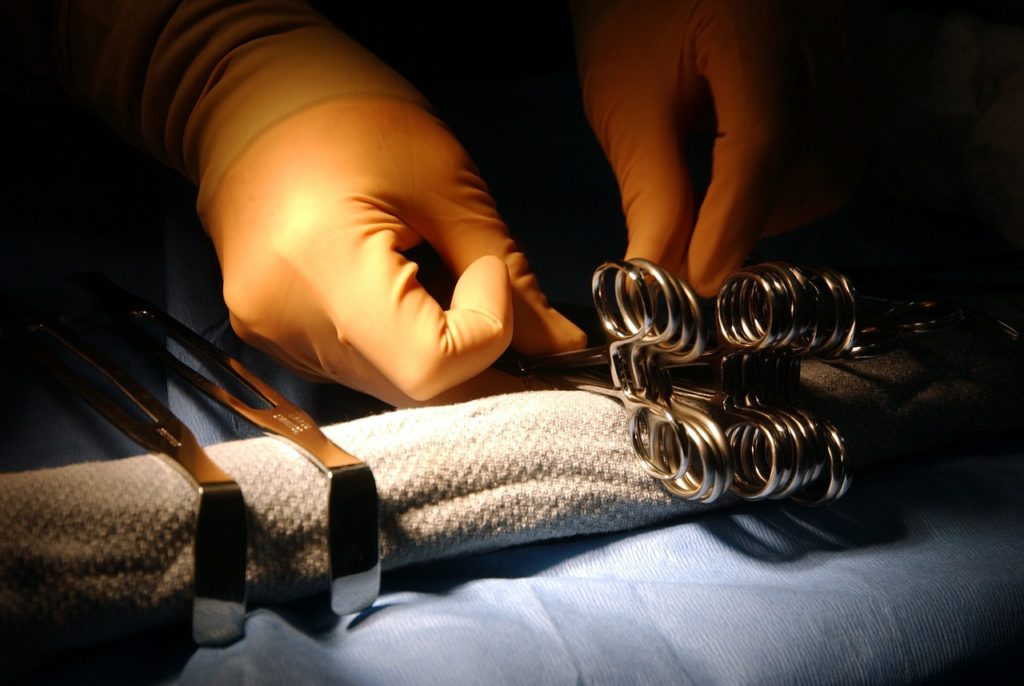

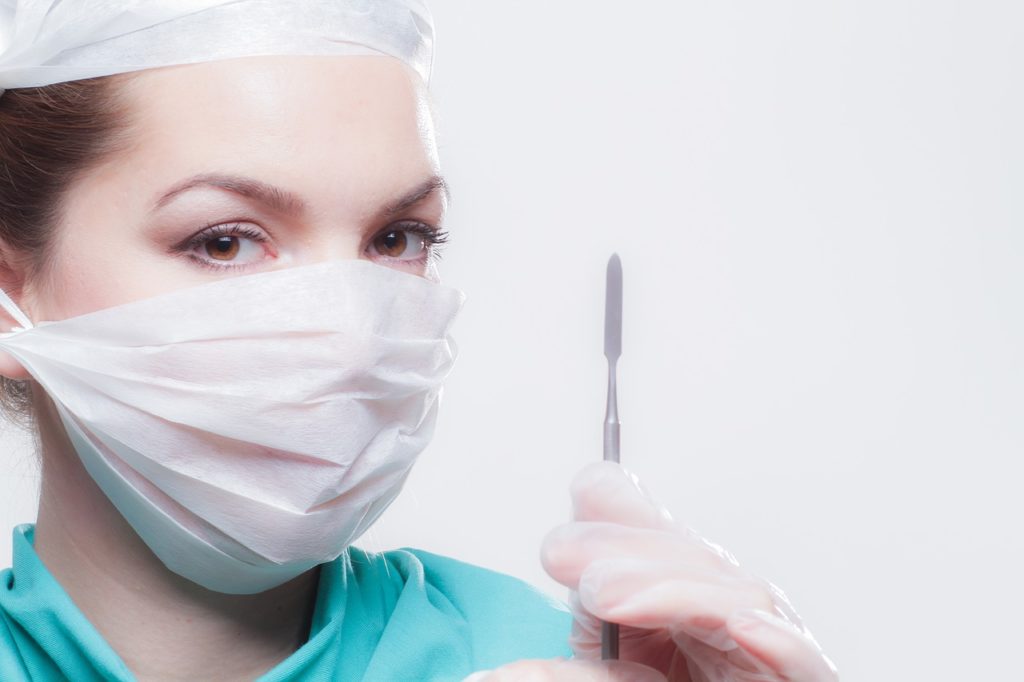
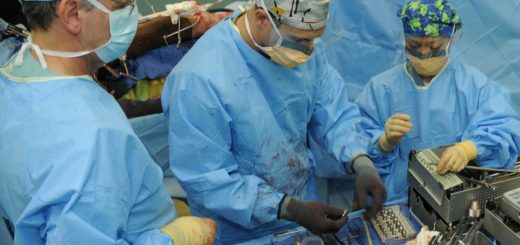
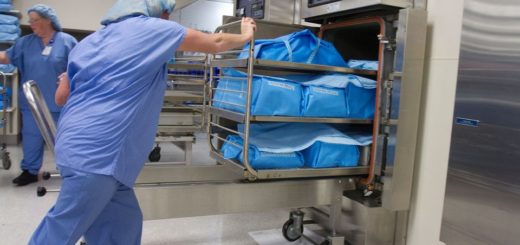
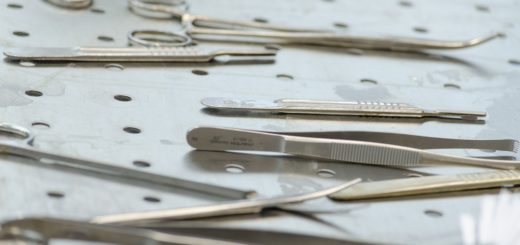
But after the training and Board Certification, it’s very hard to get a job because Health Authorities abroad especially in the Middle Eastern Countries, (GCC countries) will still require 2 years of work experience in the field. So those who are planning to work abroad as CSSD technician, there is a SHORTCUT way in this field. Get a local experience of 2 years first. Then take the CBSPD exam using your LOCAL WORK EXPERIENCE as ELIGIBILITY to take the CBSPD Certification. You can purchase the BOOK for REFERENCE/REVIEWER for the exam in their website. Once you pass the certification exam, no need to ENROLL in this EXPENSIVE TRAINING SCHOOLS, you are now qualified to work in the GCC countries as CSSD TECHNICIAN. And you can already apply directly for a professional healthcare registration/licence even if you are still in the Philippines. This 2 years EXPERIENCE is very important for the licence application (in GCC). You will not qualify if you are inexperienced. And never attempt to submit fake Employment Certificate because there is PRIMARY SOURCE VERIFICATION (PSV) of DATAFLOW that conducts verification of credentials and emplyment certificates.